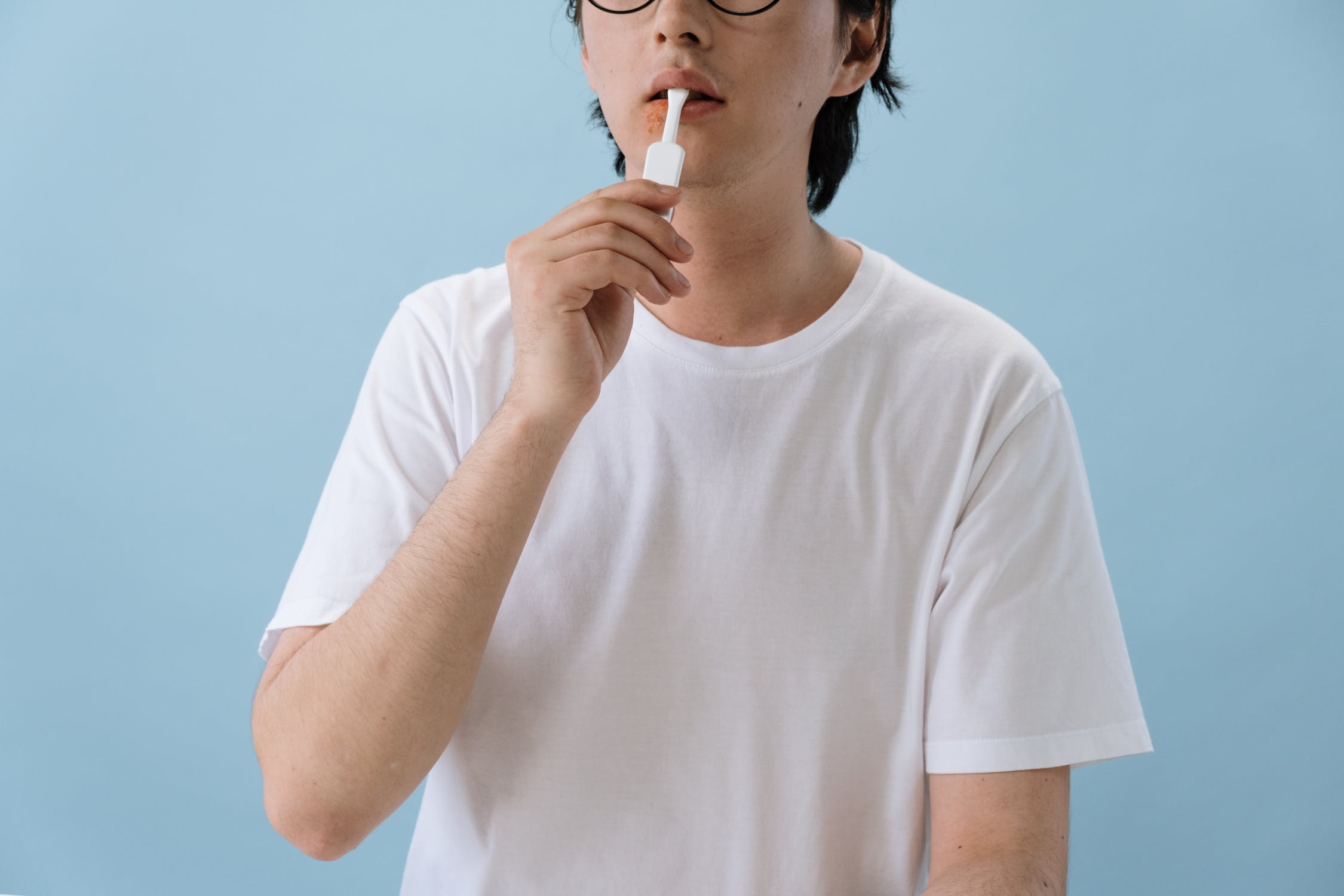Water purifiers are an essential appliance in every household, ensuring that the water we consume is clean and safe. However, over time, these purifiers can develop rust, which poses a problem for both the functionality of the purifier and our health. In this article, we will explore the causes of water purifier rust, the health implications it can have, effective methods to remove rust, preventive measures to keep your purifier rust-free, signs that indicate your purifier has rust issues, and tips on choosing the right water purifier to avoid rust build-up.
Understanding the Causes of Water Purifier Rust
Water purifier rust can be caused by various factors, including:
- Exposure to high levels of humidity and moisture
- Use of low-quality materials in the construction of the purifier
- Accumulation of minerals and impurities in the water
- Presence of oxygen in the water
When these factors combine, they create an environment conducive to rust formation within the water purifier.
Why Water Purifier Rust is a Problem for Your Health
Rust in your water purifier can have detrimental effects on your health. Here are a few reasons why:
- Rust particles can contaminate the purified water, leading to potential ingestion of harmful substances.
- Rust can affect the taste and odor of the water, making it unpleasant to drink.
- Exposure to rust particles can cause irritation to the digestive system and lead to gastrointestinal issues.
- In some cases, rust can contain harmful bacteria that can cause infections if consumed.
It is crucial to address water purifier rust promptly to avoid these health risks.
Effective Methods to Remove Rust from Your Water Purifier
If you discover rust in your water purifier, here are some effective methods to remove it:
- Cleaning with Vinegar: Mix equal parts of vinegar and water and use this solution to clean the affected areas of the purifier. Vinegar’s acidic properties help dissolve rust and prevent further corrosion.
- Using Lemon Juice: Lemon juice contains citric acid, which acts as a natural rust remover. Apply lemon juice to the rusted areas and let it sit for a few hours before rinsing off.
- Scrubbing with Baking Soda: Make a paste using baking soda and water, and gently scrub the rusted areas with a soft brush or sponge. Baking soda’s abrasive properties help remove rust stains effectively.
- Using Rust Remover Products: There are several commercially available rust remover products specifically designed for household appliances. Follow the instructions provided by the manufacturer for optimal results.
Regular maintenance and cleaning of your water purifier can prevent rust from occurring in the first place.
Preventive Measures to Keep Your Water Purifier Rust-Free
Prevention is key when it comes to keeping your water purifier rust-free. Here are some preventive measures you can take:
- Ensure the water purifier is installed in a dry and well-ventilated area to minimize exposure to humidity.
- Regularly clean and maintain the purifier according to the manufacturer’s instructions.
- Use high-quality materials and filters in your water purifier to minimize the risk of rust formation.
- Consider installing a pre-filter to remove impurities and minerals that can contribute to rust formation.
By implementing these preventive measures, you can prolong the lifespan of your water purifier and avoid rust-related issues.
Signs That Indicate Your Water Purifier Has Rust Issues
It is important to be aware of the signs that indicate your water purifier has rust issues. Look out for the following:
- Discolored water coming out of the purifier
- Unpleasant taste or odor in the purified water
- Rust stains or corrosion on the purifier’s surface
- Reduced water flow or clogging of filters
If you notice any of these signs, it is crucial to address the rust issues promptly to prevent further damage to the purifier and ensure the quality of the water.
Choosing the Right Water Purifier to Avoid Rust Build-up
When selecting a water purifier, consider the following factors to avoid rust build-up:
- Quality of materials used in the construction of the purifier
- Type of filter used and its ability to remove impurities
- Presence of additional features like pre-filters or anti-rust coatings
Investing in a high-quality water purifier can significantly reduce the chances of rust formation and ensure clean and safe drinking water for you and your family.
Frequently Asked Questions about Water Purifier Rust
Q: Can rust in a water purifier be harmful?
A: Yes, rust in a water purifier can be harmful as it can contaminate the purified water and potentially contain harmful bacteria.
Q: How often should I clean my water purifier to prevent rust?
A: It is recommended to clean your water purifier at least once every three months to prevent rust formation and maintain its performance.
Q: Can I use a water purifier with rust stains?
A: It is not recommended to use a water purifier with rust stains as it can affect the quality of the purified water and pose health risks.
Q: Are there any specific maintenance tips to prevent water purifier rust?
A: Regularly cleaning and maintaining your water purifier, using high-quality materials and filters, and keeping it in a dry and well-ventilated area can help prevent water purifier rust.
Expert Advice on Water Purifier Rust
Rust in a water purifier is a common issue that can affect both the functionality of the purifier and the quality of the purified water. It is essential to address rust problems promptly to ensure the safety of the water you consume. Regular maintenance, cleaning, and preventive measures can go a long way in preventing rust formation. If you are unsure about how to handle water purifier rust, it is recommended to consult a professional for expert advice.
